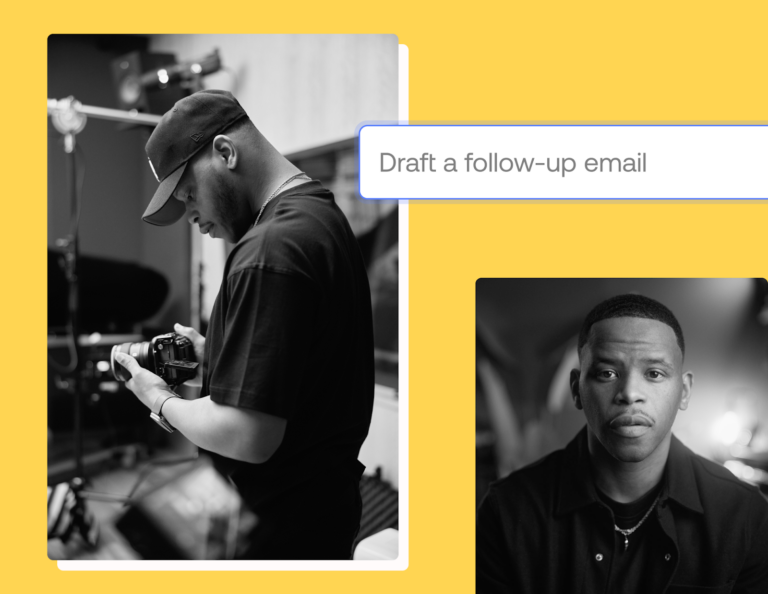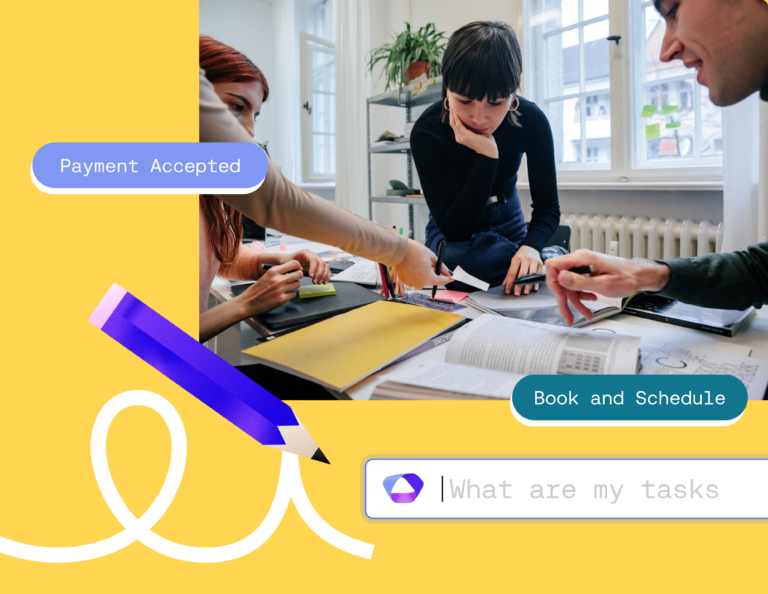
Pitching yourself as a speaker or expert educator can be intimidating- but it doesn’t have to be! Whether you are reaching out to a podcast host (a great place to start speaking), an event organizer or coordinator, or considering starting a business as a professional public speaker there are some best practices that most experts would agree on.
Disclaimer: as an Educator for Creative Educators I see one common mistake repeatedly. That mistake is giving up too soon. I want to share this to remind you of how long it took you to become truly great at something; allow yourself that same amount of time to grow into a great speaker. Prepare yourself to hear a few “no’s” along the way, and celebrate all the “yes’s” as well!
Let’s start by talking through four things you can do to better prepare yourself for pitching speaking opportunities. And because I believe that we can’t prepare without knowing potential pitfalls, we will also address a few things to avoid when pitching.
Four things you SHOULD do when pitching
Of course there are so many factors that go into getting started pitching, but these four tips will hopefully give you a solid starting point.
1 |Be very clear and very specific on WHAT you want to talk about.
As a podcast host, I get pitched daily by people who want to be a guest who have no clear topic or an unclear description. What I hear that is most alarming when I do ask for a topic is the phrase “I’m happy to speak on whatever you want me to speak on.” That’s a huge red flag to anyone who is in charge of sourcing speakers. While I’m sure that as an established and experienced person you have a lot of knowledge, it’s not up to who you are pitching to select what you’re best at or what topics you are well versed in.
You don’t want to put any more work on the host or their team. Showing that you have clear and well thought out areas of expertise helps make it easy for them to say yes.
2 | Put in the time to select the right fit for applications.
For example, if you are pitching to a podcast, take the time to listen to a couple episodes of the show you’re pitching to make sure that it makes sense for you to join them on their show. If you are applying to an in-person event, research their previous events to ensure that their audience could benefit from your knowledge. Avoid jumping into a pitch sight unseen.
I know it seems safer to cast a wide net and try to get as many opportunities as possible (and that’s true to an extent), but if you haven’t done any research you could end up in a conversation that just doesn’t make sense for you, for the host, or for their audience. At that point, that is just a waste of everyone’s time. So take the time to do some research and make sure it’s a good fit before telling them in your pitch that it’s a great fit!
3 | Look outside your typical or comfortable community.
This might sound contrary to the last point I shared, but this is more in regards to the net you cast. For example, some of my most lucrative speaking engagements had nothing to do with the creative industry. Speaking at local events, doing research about what types of communities could benefit from your area of expertise, and pitching those communities has several advantages. It’s a great way to diversify your income, to practice your public speaking skills, and to fill your portfolio and media kit. Like any other skill set, the more opportunities you have to practice, the faster you will develop your skills, and the more in demand you will be as a speaker!
4 | Have an offer to send your new audience to.
This last tip is something that I like to encourage anyone who is using speaking as a passive income or secondary income stream to keep in mind. As you start to book speaking engagements and press, you want to have a specific offer to send your new audience to. Now, don’t take this as my encouraging you to turn a speaking engagement into a sales pitch (I would advise the opposite in fact). This is just something to think about as your audience grows. If you do an incredible job speaking and your audience wants the opportunity to continue to learn from you or work with you, are you prepared to send them in the right direction to make that happen? Do you have a way to continue that relationship? That is something to consider as you begin the process of speaking and educating.
Now let’s talk about…
Two things not to do when pitching yourself as a speaker
Again, while every host, event founder, and booking coordinator is different, these two points are pretty well agreed upon as do-nots.
1 | Don’t just slide into the Instagram DMs or pitch yourself in person.
Hear me out: this does not mean don’t ask about the process, or try to build a relationship in person or via messenger. This means don’t just jump into an ask right off the bat and in an inappropriate setting. Whoever you are pitching to is a human who will likely feel cornered and is also likely not thinking about booking speakers in that moment. By catching them off-guard you’re not exactly creating a great impression.
Do your research first. Look on their website for a speaker application. If there isn’t one, you could consider sending a friendly email asking if they have an application process; and again be clear on your topic or the value you feel you can bring their platform. Sometimes in the creative industry our lines of professionalism can feel a little blurred- don’t let that happen when you pitch!
2 | Don’t get discouraged by hearing “no.”
Remember, so many factors go into deciding what speakers to select for conferences, events, podcasts, etc. The high volume of applicants, the topics desired, the budget available, and the list of factors goes on and on! A lot of times “no” can actually mean “not right now,” and while it’s always a good idea to re-evaluate and make sure you’re offering the best pitch possible, it could just be something totally out of your hands. So when you hear that “no,” take a beat, double check your pitch, and move on to the next one with confidence!
I hope this gives you a great foundation to start your pitching journey as a speaker! For more advice on becoming a Creative Educator (from speaking to mentoring and everything in between) you can subscribe to The Creative Educator Academy email newsletter here!
Ready to start earning passive revenue and scaling your business? Get our Passive Income Ultimate Guide.
Plus, 5 more posts you might like:
- Dreaming of making passive income in your business? Do THIS first!
- 3 Steps to Create and Diversify Passive Income
- How to Sell via an Email Funnel to Earn Passive Income
- The 5 Reasons You Need to Create an Online Course or Membership
- How To Leverage The Connections You Already Have Through An Affiliate Program



